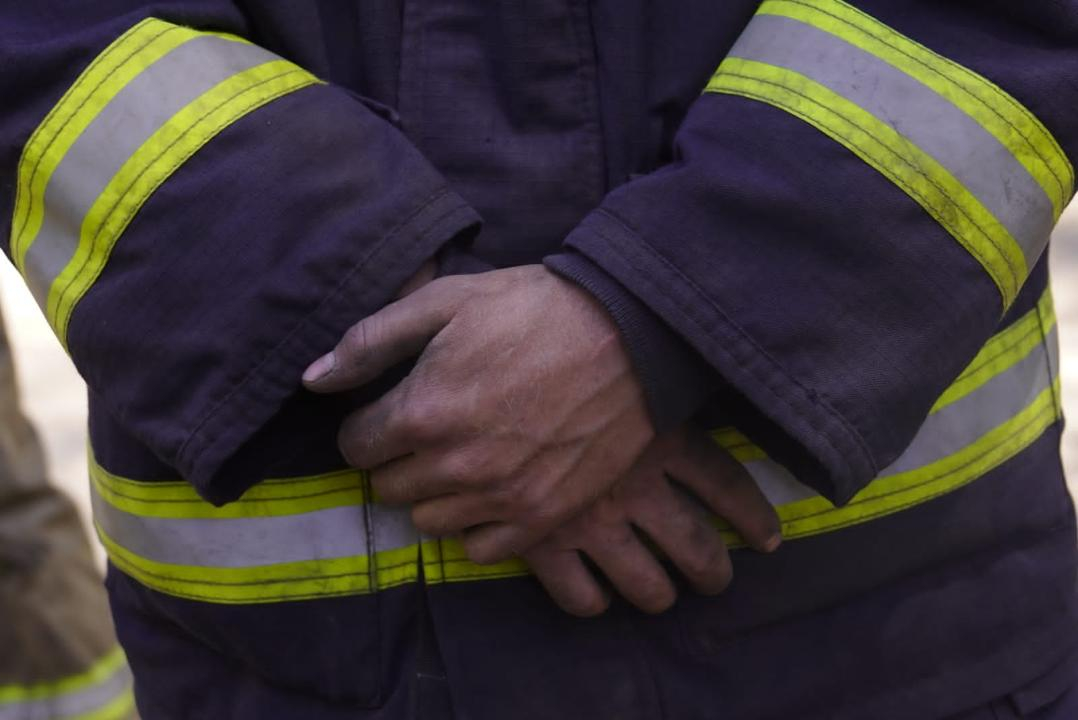- ВКонтакте
- РћРТвЂВВВВВВВВнокласснРСвЂВВВВВВВВРєРСвЂВВВВВВВВ
On June 10, President Kassym-Jomart Tokayev fired Yuri Ilyin, the seemingly untouchable minister for emergency situations. This is probably the first of a series of dismissals, as officials are being blamed for "criminal negligence", which led to a nationwide tragedy. Exemplary dismissal and reprimands, however, will not change anything: it is impossible to restore order in one blow where chaos has reigned for years.
This year, the first fire in the Semey Ormany reserve had already occurred on May 22. The fire spread from the Russian territory, where wildfires were raging. A few days before, the ministry of emergency situations reassured the population that they were ready in case of a worst case scenario. The fire, which hit an area of almost 3,000 hectares, was extinguished in three days. The new fire that started on June 8 hit a much larger area, roughly equivalent to three times the size of the city of Semey, the regional center. At least 14 people died in the process of putting out the flames.
Such a tragedy could have been avoided, especially if funds had been allocated properly. The relatives of the rangers that lost their lives said they were not provided with walkie-talkies. One of them used his own tractor in the attempt to tame the fire. While rangers are poorly equipped, the national park boasts more than 2 million visitors in 2022, attracting revenues for at least 690 million tenge ($1.5 million) just for entry fees.
Roman Sklyar, deputy prime minister, admitted that the wildfires were underestimated. And it is clear that the authorities have continued to underestimate emergencies, and only afterwards they put ashes on their foreheads in repentance.
After the house fire in Astana of February 2019, during which five children died the government started talking about social protection for citizens. After the emergency in Ekibastuz last winter, the government found it imperative to recognize that heating and electricity networks across the country had a problem of wear and tear.
After the Semey Ormany fire, the ministry of ecology started talking about increasing funding for the forestry sector. The park’s administration was accused of corruption just weeks earlier.
Every year, the ministry of emergency situations reports its progress in flood-readiness, but every year floods occur. A new Water Code could help to solve some of the issues, but its adoption has been dragging on since 2021.
Meanwhile, the problems in the Abai region, just like those in Astana, Ekibastuz, and elsewhere, remain unresolved.
Over the past three years alone, four large forest fires have occurred in the north and east of Kazakhstan, causing the destruction of more than 100,000 hectares of forests. It will take more than a decade to restore them.
Most fires are caused by humans, officials say. The president therefore ordered to toughen the punishment for starting fires. On the one hand, irresponsible citizens do exist, but on the other hand, eradicating the human factor will not extinguish the problem. The point is the total bureaucratic indifference and fake promises of resolution. And this, coupled with corruption risks, ultimately leads to tragedies on repeat.
Поддержите журналистику, которой доверяют.








